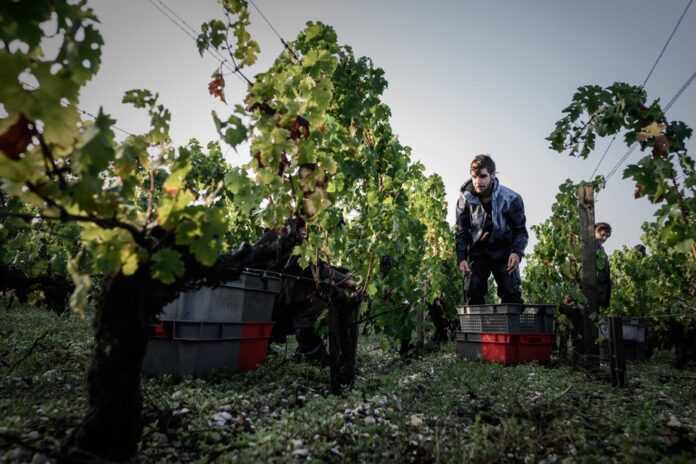(Paris) The European Commission validated on Friday the principle of destroying stocks of red and rosé wines in surplus in its member countries, including France and Spain, and of compensating producers who are facing a market crisis.
“As part of the national support programs for the wine sector, member states will now be able to use crisis distillation to remove surplus wine from the market,” she said in a statement.
Awaited by winegrowers for several months, this exceptional measure should allow them to transform excess volumes into pure alcohol that will be used in industry (perfume, hydroalcoholic gel, etc.).
Member States will have to “target” the regions or types of wine most affected by the imbalance between supply and demand. In France, it will mainly be Bordeaux wines. This territory has also set up a program to uproot excess vines.
“The distilled wine is withdrawn from the market and the alcohol obtained can only be used for non-food purposes to avoid any distortion of competition”, specifies the Commission.
“It was necessary to adopt temporary market measures to prevent unsold wines from weighing on the entire internal market and preventing producers from finding sufficient storage capacity for the new harvest”, justifies- She.
The wine sector is experiencing a decline in consumption of its products, accentuated by the erosion of purchasing power – in times of inflation, consumers make decisions to the detriment of the wine department.
Red and rosé wines are particularly affected.
The difficulties in selling stocks during the COVID-19 pandemic and then the abundant 2022 harvest have, at the same time, filled the cellars, and led to a drop in prices for producers.
“The decrease in wine consumption for the current campaign is estimated at 7% in Italy, 10% in Spain, 15% in France, 22% in Germany and 34% in Portugal”, according to the Commission.
The overall amount that the EU is ready to pay to compensate producers is not specified. EU member countries generally supplement its aid.
France, which has already carried out crisis distillation during the pandemic, plans to spend up to 160 million euros – half from national credits, half from European funds – to destroy wine surpluses.















